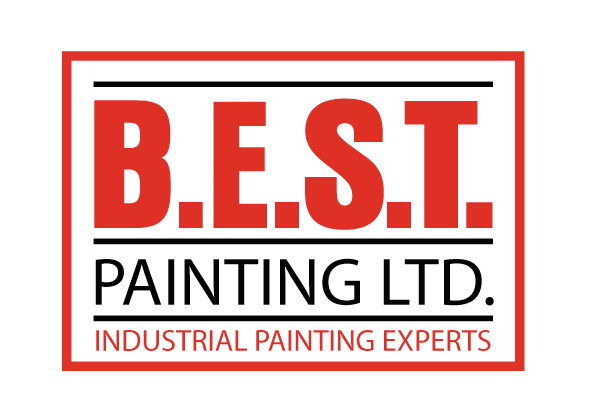Food Industry Painting
The Standard in Food Grade Painting and Specialty Coatings
Adherence to industry standards, in terms of coating applications in the Food Processing space in Canada, is one of B.E.S.T.’s top priorities. Key factors in applying food-grade coatings include:
1. Food Safety and Regulation: Food-grade coatings are designed and formulated to meet stringent regulatory requirements for food safety. In Canada, as in most developed countries, there are strict regulations and standards in place to ensure that food products are safe for consumption.
These coatings are applied to food contact surfaces, such as containers, packaging materials, and processing equipment, to prevent contamination and ensure compliance with food safety standards.
2. Preventing Contamination: Food-grade coatings act as a barrier between the food product and the surface it comes into contact with.
They help prevent the migration of harmful substances from the surface into the food, which could lead to contamination and health risks for consumers. This is crucial in maintaining the integrity of food products and protecting public health.
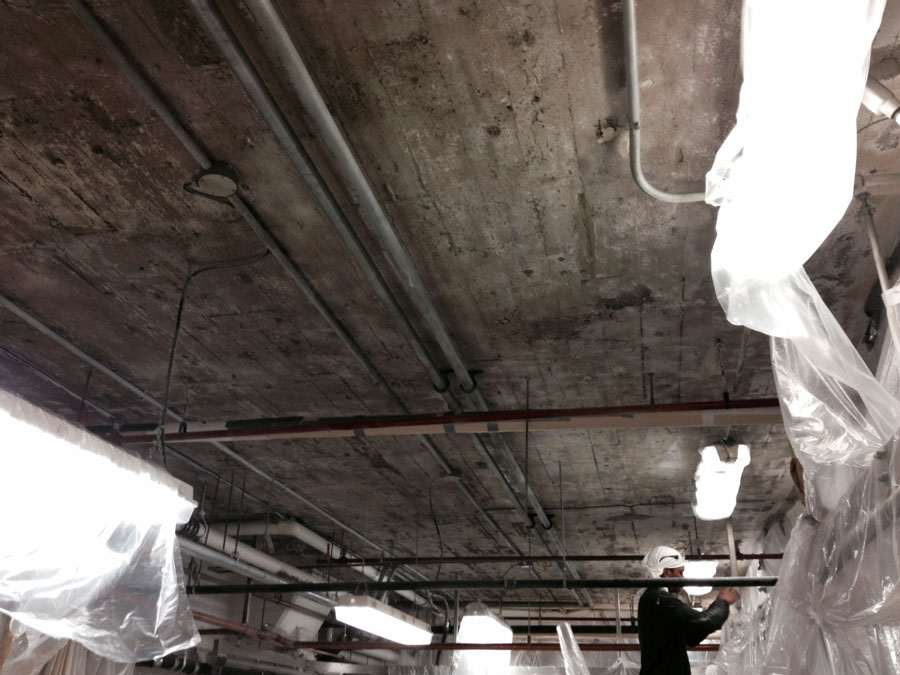
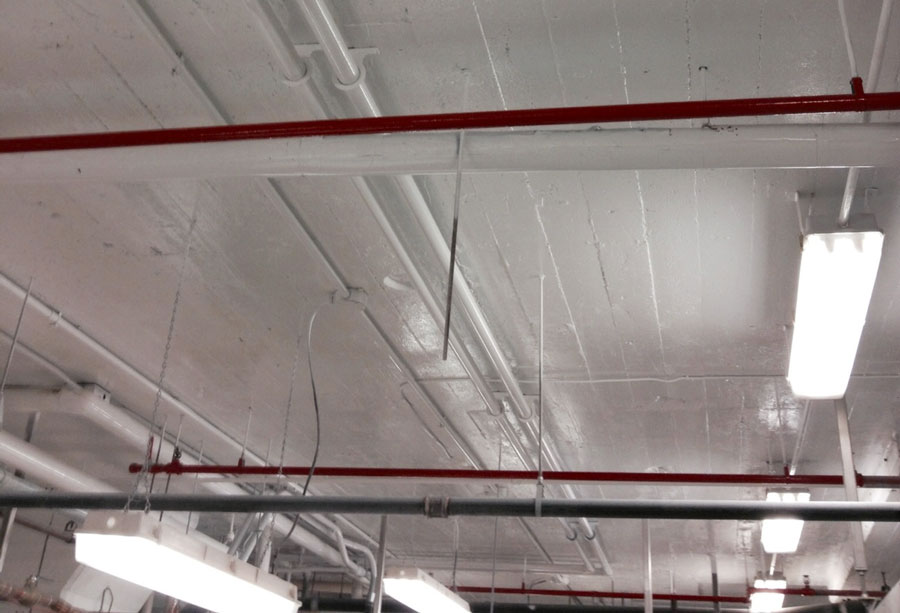
4. Compliance with Industry Standards: Canada, like many countries, has industry-specific standards and certifications for various food products and packaging.
The application of food-grade coatings within food handling and packaging facilities are often necessary to meet these standards and gain regulatory approvals. Failure to comply with these standards can lead to product recalls and legal issues.
5. Maintaining Brand Reputation: Food companies, including those in Canada, invest a significant amount of effort and resources in building their brand reputation.
The use of food-grade coatings helps maintain the trust and confidence of consumers, as they can be assured that the food they purchase meets safety and quality standards.
Different service environments require different approaches, and this can determine which coatings get specified. Our estimating team is comprised of highly trained and experienced NACE Coating Inspectors, who are all very familiar with food-grade coatings and their applications.
Protective Coatings play a vital role in the food industry, where maintaining hygiene, preventing contamination, and ensuring the durability of equipment and infrastructure are paramount. Here are some key applications and types of protective coatings in the food industry:
1. Anti-Corrosion Coatings: Corrosion-resistant coatings are crucial in the food industry, as equipment and surfaces are frequently exposed to water, acidic substances, and cleaning agents.
Stainless steel and epoxy coatings are commonly used to protect surfaces from rust and corrosion.
2. Hygienic Coatings: Hygiene is a top priority in food processing. Hygienic coatings are designed to be easy to clean, resistant to microbial growth, and compliant with food safety standards.
They are applied to walls, floors, and equipment surfaces in processing areas.
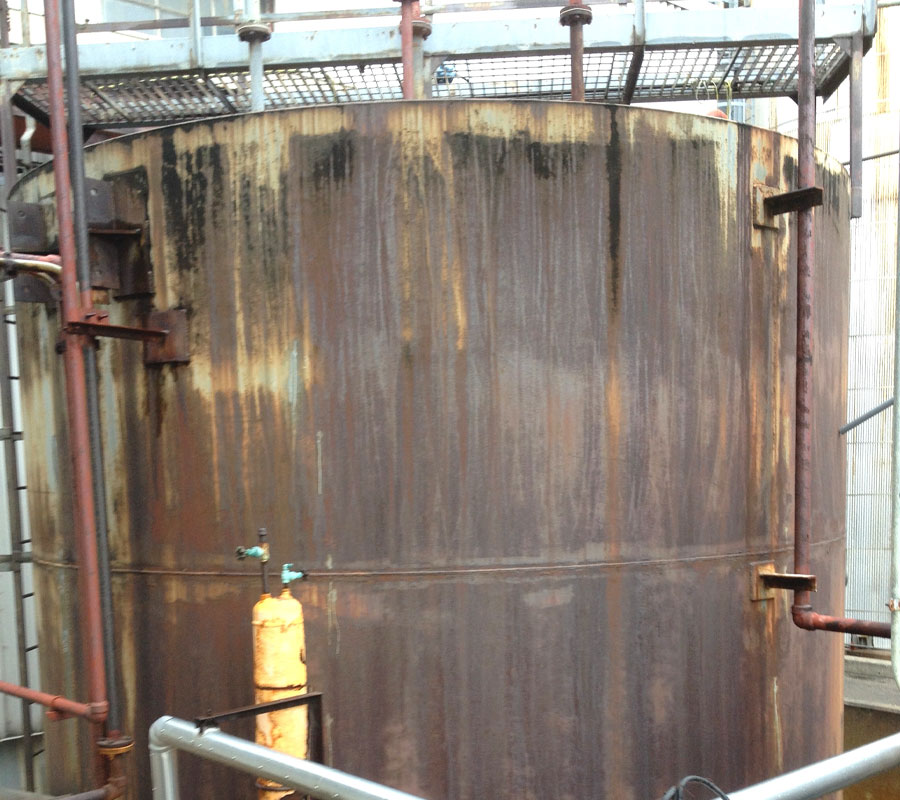
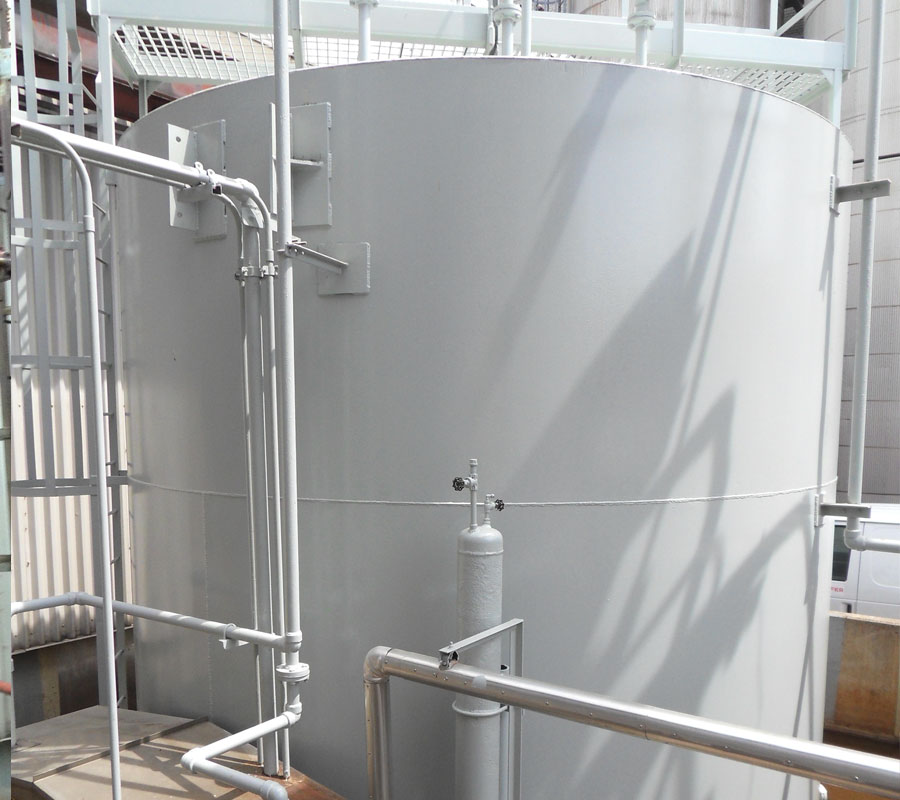
3. Floor Coatings: Floors in food processing plants must be durable, slip-resistant, and easy to clean. Epoxy and polyurethane floor coatings are commonly used to meet these requirements. They also protect the concrete substrate from wear and chemical exposure.
4. Tank and Vessel Coatings: Tanks and vessels used for storage and processing of food products often require coatings that provide a barrier between the product and the metal. These coatings ensure that the product remains uncontaminated and maintain the structural integrity of the vessels.
5. Pipe Coatings: Pipes and pipelines used for transporting food products need coatings that prevent corrosion and maintain the quality of the transported goods. This is especially important in industries like dairy and beverage production.
6. Bakery and Cooking Equipment Coatings: Non-stick coatings are often applied to baking sheets, pans, and cooking equipment to prevent food from sticking and to facilitate easy cleaning.
7. Anti-Microbial Coatings: Some environments in the food industry require coatings with anti-microbial properties to further reduce the risk of contamination. These coatings inhibit the growth of bacteria, molds, and fungi on surfaces.
8. Heat-Tolerant Coatings: In cooking and baking equipment, heat-resistant coatings are essential to ensure that the coating does not degrade or release harmful substances when exposed to high temperatures.
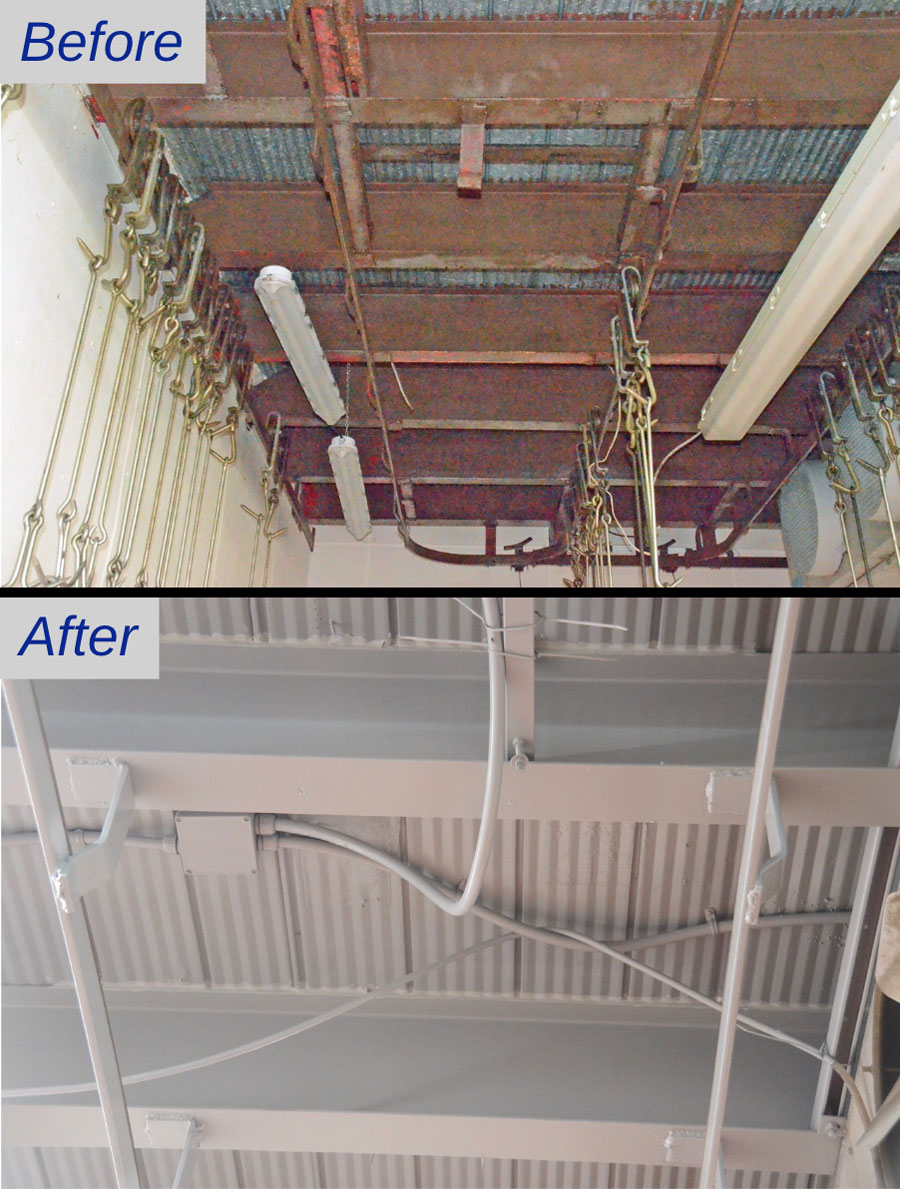
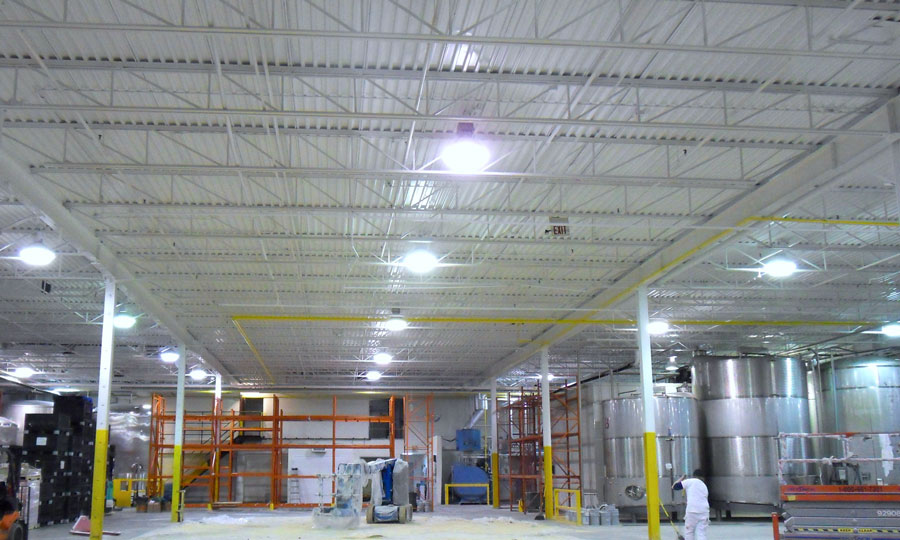
Protective coatings in the food industry are chosen based on factors like the type of food being processed, ease of cleaning, environmental conditions, regulatory requirements, and equipment needs.
These coatings are essential for ensuring food safety, maintaining equipment longevity, and adhering to stringent industry standards.
B.E.S.T. has been a trusted partner for decades by some of Canada’s top brands, such as Mondelez Canada, Canada Bread, Atlantic Packaging and many others.
